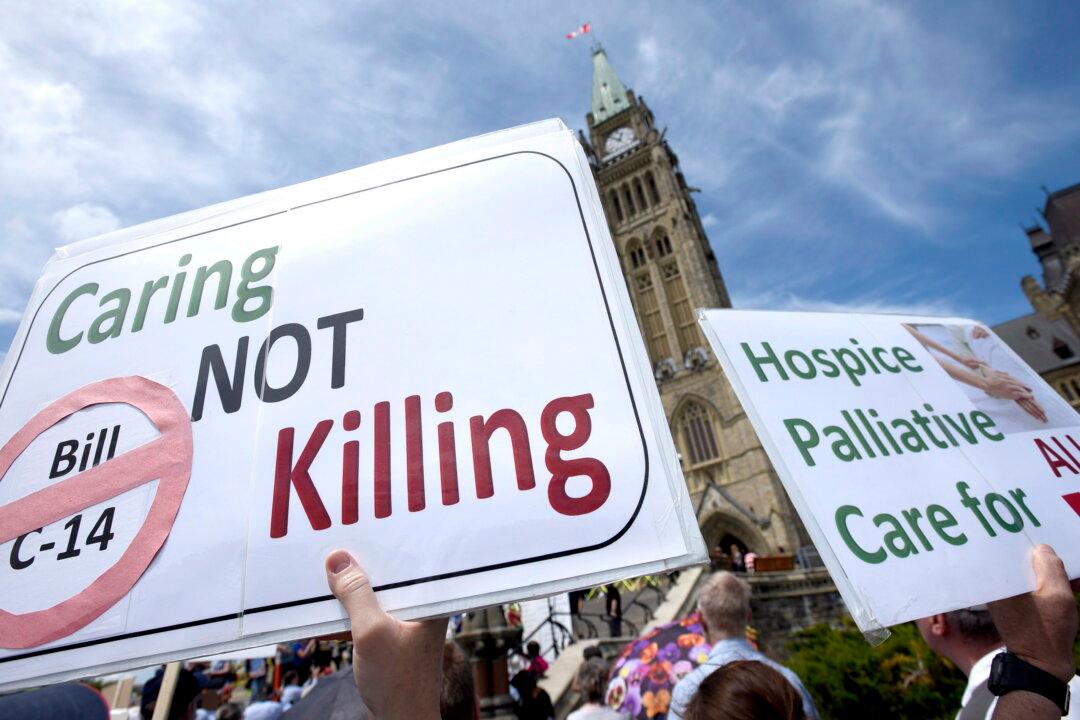Queensland’s peak medical association has warned that terminally ill patients choose to “take poison” and die out of hopelessness or abandonment. The Australian Medical Association Queensland (AMAQ) said patients were less likely to agree to euthanasia if better palliative care options were on the table.
The president of the AMAQ issued the stinging rebuke in the lead up to the state Parliament’s impending vote on euthanasia this week.





